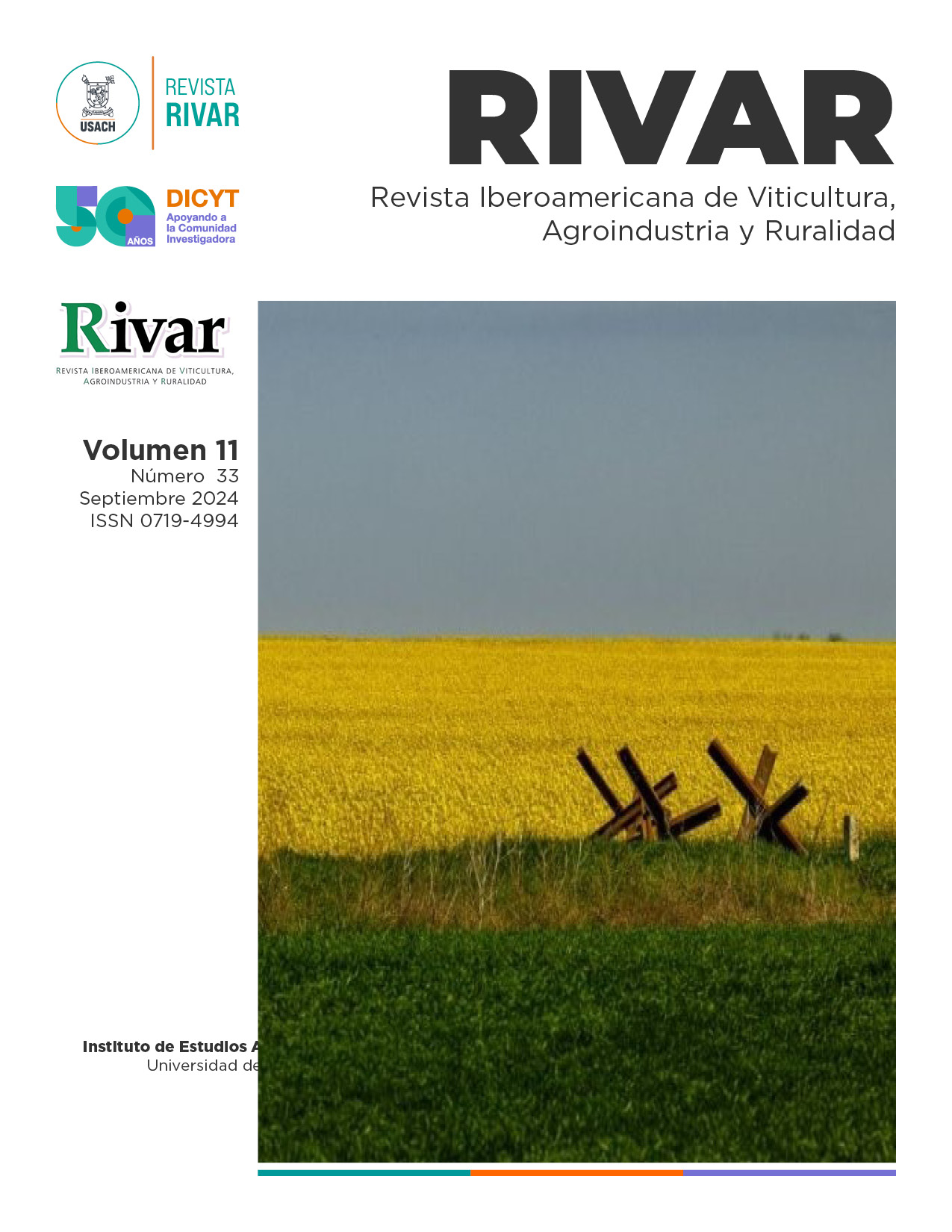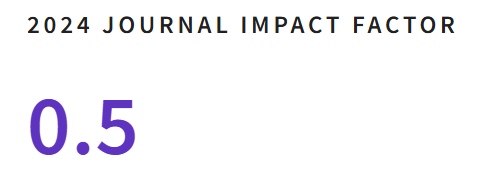Tendências de etnocentrismo e criação de mitos na historiografia de Cazaquistão
DOI:
https://doi.org/10.35588/rivar.v11i33.6439Palavras-chave:
adaptabilidade, conlito, mito histórico, nostalgia-utopia, identidadeResumo
A relevância da pesquisa é determinada pelo papel fundamental da historiografia na formação da identidade e das relações nacionais; portanto, é importante investigar a natureza do seu etnocentrismo e o grau de criação de mitos para promover o seu desenvolvimento. O objetivo do estudo é determinar até que ponto a historiografia cazaque contemporânea é etnocêntrica e mitificada. Foram utilizados os seguintes métodos de conhecimento teórico: análise, síntese, comparação, abstração e generalização. O estudo revelou que o conceito de etnocentrismo foi investigado por cientistas no início do século XX e tem características tanto negativas como positivas, pelo que o etnocentrismo de conflito é assumido como negativo e positivo adaptativo. A mitificação da história leva à distorção da consciência histórica devido à influência negativa dos mitos históricos, razão pela qual uma abordagem objetiva é fundamental no estudo do passado. O Cazaquistão viveu um desenvolvimento complexo sob a influência da modernização e da urbanização, o que levou à difusão da nostalgia, da utopia e dos mitos, bem como à influência da experiência colonial na formação da historiografia.
Downloads
Referências
Abil, E. (2021). History of Kazakhstan and Problems of Myth-making. Omsk Scientific Bulletin, 4(1), 49-60.
Abselemov, A. (2020). Kazakhstan Segment of Soviet Historiography of Agrarian Colonization of Steppe Region in Second Half of XIX-early XX Centuries: Factors of Genesis and evolution. Omsk Scientific Bulletin. Series Society History Modernity, 4(3), 60-66.
Amanova, G., Saparbayeva, S., Akimova, B., Dairabayeva, A., Kazhmukhametova, A., Saduakassova, K., and Tuleshova, G. (2016). Methodological Aspects of Depreciation Accounting and Analysis of the Use of the Depreciation Policy. Journal of Advanced Research in Law and Economics, 7(3), 483-493. https://doi.org/10.14505/jarle.v7.3(17).03
Bakhti, A. (2002). Sumerians, Scythians, Kazakhs. Kochevniki.
Burkitbay, A.G. and Satanov, A. (2020). Historical Science of Kazakhstan: Before and After the Collapse of the USSR. International Journal of Innovation, Creativity and Change, 14(11), 505-522.
Daniyarov, K. (1998). Alternative History of Kazakhstan. Zhibek Zholy.
Espolov, T., Espolov, A., Kalykova, B., Umbetaliyev, N., Uspanova, M., and Suleimenov, Z. (2020). Asia Agricultural Market: Methodology for Complete Use of Economic Resources through Supply Chain Optimization. International Journal of Supply Chain Management, 9(3), 408-413.
Etinson, A. (2018). Some Myths about Ethnocentrism. Australasian Journal of Philosophy, 96(2), 209-224. https://doi.org/10.1080/00048402.2017.1343363
Mykhailovych, H.I. (2022). The Role of Propaganda in the Formation of Personal Semantic Constructs. Insight, 8, 24-38. https://doi.org/10.32999/2663-970X/2022-8-3
Novozhenov, V.A. (2023). Central Asian Rock Art on the Silk Road. In S. Kostopoulou, G. Herrera-Franco, J. Wood y K. Al-Kodmay (Eds.), Cities’ Vocabularies and the Sustainable Development of the Silkroads (pp. 129-137). https://doi.org/10.1007/978-3-031-31027-0_11
Nurtazina, R. and Toktushakov, A. (2017). Internal Migration in Central Asia: Social Risks (Case Studies of Kazakhstan, Tajikistan, and Kyrgyzstan). Central Asia and the Caucasus, 18(4), 46-56.
Suleimenov, O. (2002). Türks in Prehistory: On the Origin of Ancient Turkic Languages and Scripts. Zhibek.
Sumner, W.G. (1906). Folkways: A Study of the Sociological Importance of Usages, Manners, Customs, Mores, and Morals. Ginn & Co.
Tastulekov, S.B., Shalbolova, U.Zh., and Satova, R.K. (2019). Public-private partnership formation in Kazakhstan. Academy of Strategic Management Journal, 18(5), 1-8.
Tomohiko, U. (2008). Historiography of Local and Regional Studies in Western Kazakhstan: An Alternative to National History? Central Eurasian Studies Review, 7(2), 28-41.
Truschke, A. (2020). Hindutva’s Dangerous Rewriting of History. South Asia Multidisciplinary Academic Journal, 24-25, 1-16. https://doi.org/10.4000/samaj.6636
Turenko, O.S., Derevyanko, B.V., Ivanov, I.V., Hrudnytskyi, V.M., and Rudenko, L.D. (2021). The State – In Interpretation of Jose Ortega Y. Gasset. Analele Universitatii din Craiova ‒ Seria Istorie, 25(2), 77-88.
Yildiz, M., Aydin, M.A., Gökçay, G., Kizilarslan, V. and Yaman, U. (2023). The Effect of Intercultural Sensitivity and Ethnocentrism on Health Tourism Awareness Level in Nurses: Analysis with Machine Learning Approach. Archives of Psychiatric Nursing, 46, 40-50. https://doi.org/10.1016/j.apnu.2023.07.002
Yilmaz, H. (2015). National identities in Soviet historiography: The Rise of Nations under Stalin. Routledge.
Zhanbulatova, R., Zhiyenbayev, M., Dyusembekova, M., and Nurtazina, R. (2020). The energy vector of Kazakhstan-Russia relations in the context of global changes on the international energy market. Central Asia and the Caucasus, 21(2), 121-130.









